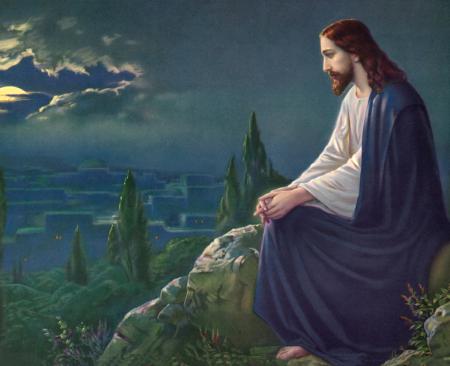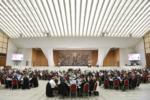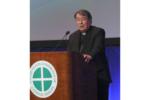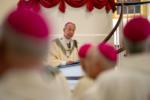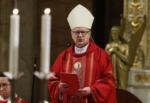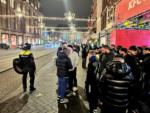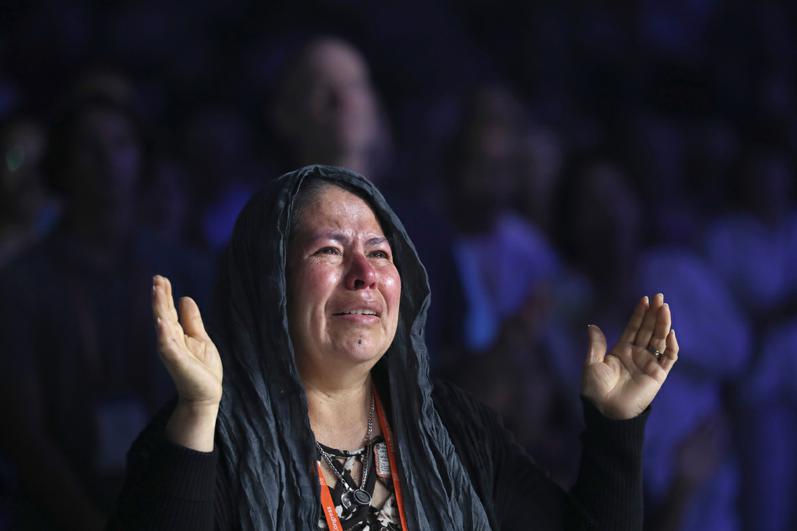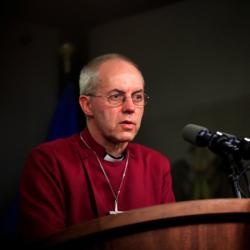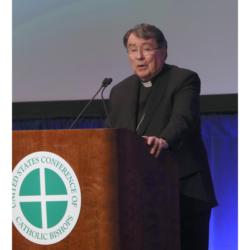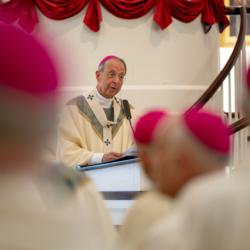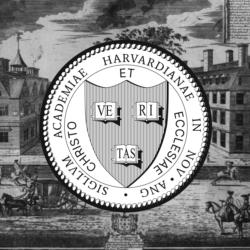The power of silence and the problem of sound in adoration
"The most powerful experience at the National Eucharistic Congress was the adoration, Father. Tens of thousands of people all turned intently toward the Lord in silence. My wife and I both felt like we had a glimpse of heaven with everyone united in that powerful moment of prayer."
In a recent conversation with Father Cody Jorgensen, OP, campus minister at the University of Utah and surrounding schools, about my experience of the National Eucharistic Congress with my family, I mentioned the power of that moment and how it was both diminished and enhanced by music.
"You could hear a pin drop. You could feel the power of the silence. But then it stopped. Something else started and got in the way, like a wall. The electric guitar started playing, and a voice started singing loud pop-style praise and worship music, and I had trouble continuing prayer," I said.
"Do you want me to tell you why that's the case?" Father Cody asked.
"Yes, of course!" I replied emphatically. "But I should add that on one of the four nights, another group, Floriani, performed traditional chants and hymns, and the same thing didn't happen. It didn't interrupt my prayer but actually enhanced it. I heard other people saying the same thing as we walked out of the stadium that night."
Father responded, "It's only my theory, but I've seen it here in campus ministry, especially for young men. I wrote my master's in philosophy thesis on the meaning of music. And music has this ability -- Aristotle talks about this -- to simulate emotions. Music has this emotive experience that makes you feel something. Aristotle distinguishes between cathartic music -- and here you'd understand some big pop music that makes you feel something; it's very visceral throughout your body, this emotional experience that's very highly charged -- and intellectual music like classical music and Gregorian chant, which doesn't cause this kind of catharsis."
Father Cody continued: "And that's why when you experience pop music in the liturgy, there is an emotion that's being communicated by the music, very strongly so, at adoration, at Mass. You're going to find some interior resistance because an emotion is being projected to you, and you may not feel that, or you may not want to feel that, so you resist that emotion. Whereas things like chant create a larger space for you to feel what you want to feel as you pray, to create a space for you to feel whatever you need to feel in prayer. That's what I'm talking about. I think men are very averse to things that try to force you to feel something in an artificial way. It's not that men aren't in touch with our emotions, but I think we react very strongly against being forced to feel something when it's not authentic to what we're going through.
"I think about that with the liturgical music we do here on campus. We don't do Gregorian chant, but we do things like Taize, which is repetitive and inspired by chant, but creates this meditative place where you can sing -- you don't have to sing -- you can pray -- it's not microphoned and blaring at you over the loud sound system. You're called to pray in these moments, whether singing or praying quietly by yourself. That's how I'd answer that: it's the difference between being forced to feel something. And pop music does this. Pop music tries to force you to feel this way."
Father Cody kindly allowed me to share our conversation and unlocked something important for me. Why do some forms of music seem to fit with the sacred, and others pull us away from it, even when they contain sacred lyrics? We live in a culture that seeks constant entertainment, which essentially offers an artificial experience, whether music or video, to fill a void of boredom in our lives. When we walk into church, we often look for the same thing: something loud and visceral to keep us engaged, but that something also prevents us from encountering the Lord in the stillness.
The National Eucharistic Congress truly gave us a pivotal moment for Eucharistic revival. And it was a glorious one, with pilgrims taking over the heart of downtown Indianapolis as we lifted up the true king to bless the modern city. Many speakers rightly pointed out that we must take this momentum back home with us. To do so, however, we must also rediscover what Cardinal Robert Sarah called "the power" of silence. Contrary to the noise of contemporary culture, we can find in the silence of the Lord's presence that "the sentiments that emerge from a silent heart are expressed in harmony and silence. The great things in human life are experienced in silence, under God's watchful eye. Silence is man's greatest freedom" (Sarah, "The Power of Silence," Ignatius, 35).
